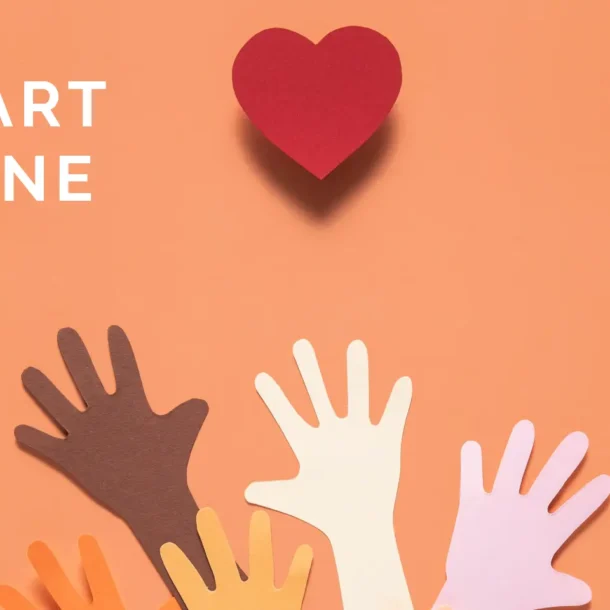
Did you know that our brains are wired for negativity? So if you’re an ambitious professional, wanting to be successful, you need to learn how to tackle the Negativity bias!
Do you yet have memories of things gone wrong or bad experiences in your childhood or when you were a young adult?
Do you remember the not so nice bits in your life more clearly than the fun times?
Does that make you feel bad and low even as an adult?
Well you are not alone. This happens to most humans in the modern day world and it’s called the Negativity Bias.
The negativity bias is the phenomena by which humans give more psychological weight to bad experiences than a good ones. Subsequently, you think about bad experiences for longer periods of time and they weigh more heavily upon you.
Human beings developed a negativity bias—that is, they evolved to notice and respond more forcibly to the negative since that helped our ancestors to stay alive. Thousands of years ago it was more important to escape negative situations than it was to approach opportunity.
After all, being killed by a tiger is final, while missing out on the opportunity to eat berries isn’t. By assuming the worst from the rustling in the bush and running away, our ancestor made sure to survive so that he could pass on his genes. He could eat berries another day.
In our modern world, having a negativity bias is no longer necessary for our survival. However, our brains are still wired to constantly be on the lookout for tigers; that is, they’re wired for negativity. Left unchecked, the negativity bias can become a serious impediment to our happiness and quality of life.
Fortunately, there are ways to deal with the negativity bias.
- Five to one ratio
Rick Hanson, Ph.D., is a neuropsychologist and author of “Buddha’s Brain: The Practical Neuroscience of Happiness, Love, and Wisdom”. He says that our brains are like Velcro for negative experiences, and like Teflon for positive ones. Hanson explains that negative events and experiences get quickly stored in memory. In contrast, positive events and experiences need to be held in awareness for a dozen or more seconds to transfer from your short-term to your long-term memory. Therefore, when something positive happens to you, you should make it a point to take a moment to savour the experience. Replay it in your mind a few times so that the memory of the positive experience gets archived in your long-term memory. Keep a ratio of 5 to 1 in your dealings with others. Because of the negativity bias, other people will be more affected by the negative things you say or do to them than the positive ones. If you get angry with your child, criticize an employee, or argue with your spouse, you need to say or do five positive things to maintain a healthy relationship with them.
- Scatter simple pleasures throughout your day.
Although most people tend to hold out for the big events—such as a vacation, a birthday bash, or a large purchase—large infrequent events will not be able to balance out your brain’s tilt toward negativity. A better strategy is to schedule lots of simple pleasures throughout your day. For example, have a cup of flavoured coffee out in the balcony each morning; take fifteen minutes a day to read a trashy novel you find entertaining; buy fresh flowers for your desk; and spend some time in a green area each day. These small doses of positivity throughout the day will help your brain counteract its natural negativity.
- Back up tools
Create a list of good memories, inspiring quotes, or lines from poems, details of episodes that left a positive lasting impression on you that you can think of whenever you find your mind is wandering to a negative memory. Make a list of things that bring a smile to face. Use these tools and create a Back up toolkit to pull out from whenever you are feeling low or negative.
- Keep a gratitude journal.
Taking a few minutes each night to think about and write down all of the good things that happened to you throughout the day will help keep your brain attuned to all of the good things in your life. By focusing on the good you’ll gradually be rewiring your brain for happiness.
- Notice your negative self-talk
Replace your negative dialogue and substitute positive approaches. “You idiot!” becomes, “I wish I had made a different choice, but I will remember how I wish I had acted and apply it to future situations.” We are the most critical of ourselves, it’s time to change that and love ourselves tremendously.
Do you want to learn how to apply this to your own life? How to become more aware of your negativity bias and make sure that it’s not stopping you from having it all!
Over the years I have helped countless ambitious professionals just like you, not just overcome their negativity bias but a whole of other issues involving getting the charge of their life back. I will help you truly embrace your potential and step up to having it all! If you’re ready to step up and claim it all for yourself, then I would love to help you.
Click here to book a free exploratory call with me.
http://ruchiparekh.as.me/freesession
